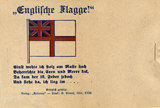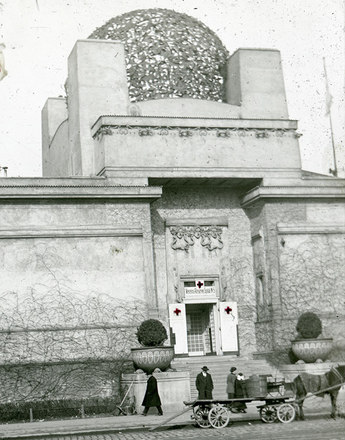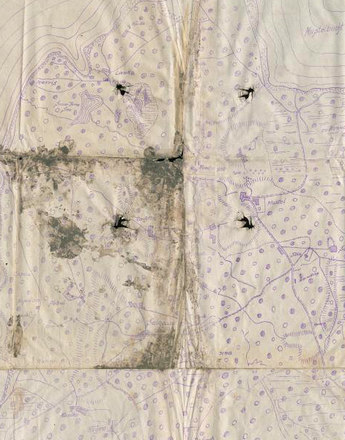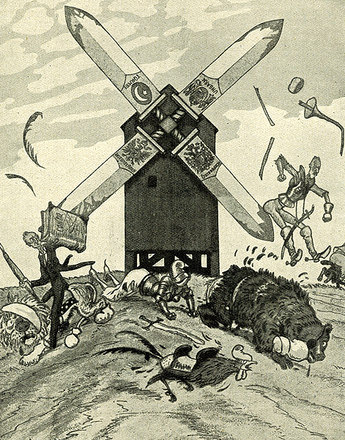‘Rabble of words’ – Writers in the War
Heinemann, Julia et al.: Die Autoren und Bücher der deutschsprachigen Literatur zum 1. Weltkrieg 1914-1939. Ein bio-bibliographisches Handbuch, Göttingen 2008
Sauermann, Eberhard: Literarische Kriegsfürsorge. Österreichische Dichter und Publizisten im Ersten Weltkrieg [Literaturgeschichte in Studien und Quellen 4], Wien/Köln/Weimar 2000
Traub, Rainer: Der Krieg der Geister, in: Spiegel special (2004), 1, 26-30. Unter: http://www.spiegel.de/spiegel/spiegelspecial/d-30300018.html (19.06.2014)
Weigel, Hans/Lukan, Walter/Peyfuss, Max D.: Jeder Schuss ein Russ. Jeder Stoss ein Franzos. Literarische und graphische Kriegspropaganda in Deutschland und Österreich 1914-1918, Wien 1983
Quotes:
„Rabble of words“: Zweig, Stefan: Briefe 1914-1918, Frankfurt am Main 1998, 110 (Translation)
„It’s always the same ...“: Heym, Georg: Dichtungen und Schriften. 3 Bände, Hamburg/München 1960, Bd. 3, 138f. (Translation)
Number of poems (estimate): quoted from: Hirschfeld, Gerhard/Krumeich, Gerd/Renz, Irina (Hrsg.): Enzyklopädie Erster Weltkrieg, Paderborn 2004, 190 (Fußnote 14) (Translation)
-
Kapitel
- ‘Rabble of words’ – Writers in the War
- ‘An area to which only those who are (un)employed there have access.’
- The war after the war – reflection, homecoming and review
- ‘ … with deadly weapons, the golden plains’: Grodek as the legacy of the poet Georg Trakl
- ‘Guilt is always beyond doubt!’ Franz Kafka’s 'In der Strafkolonie' (In the Penal Colony)
- I did not want it: Die letzten Tage der Menschheit (The Last Days of Mankind)
- Anti-war literature as a bestseller: Im Westen nichts Neues (All Quiet on the Western Front)
- ‘What remained was a mutilated trunk that bled from every vein.’ Stefan Zweig and his "World of Yesterday"








